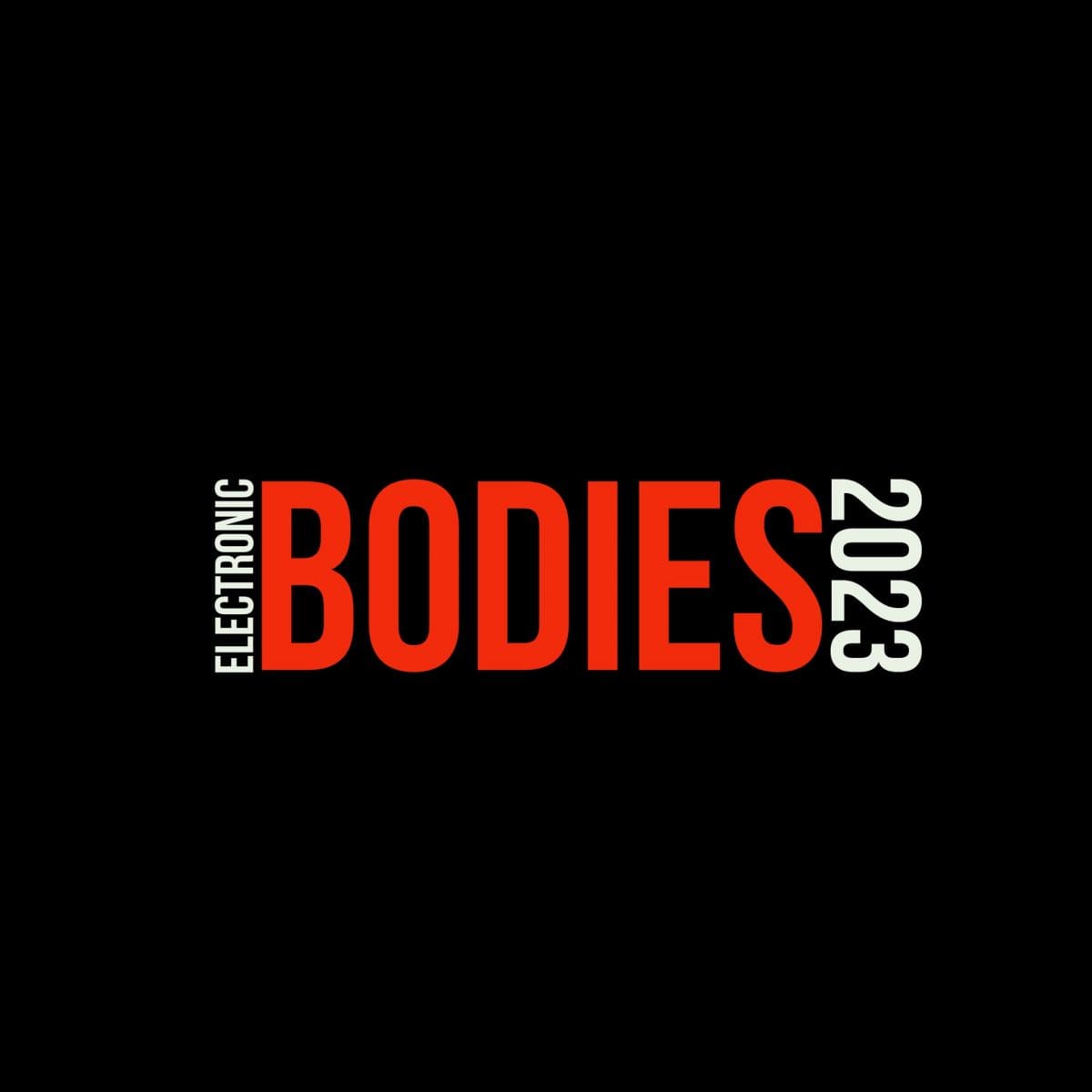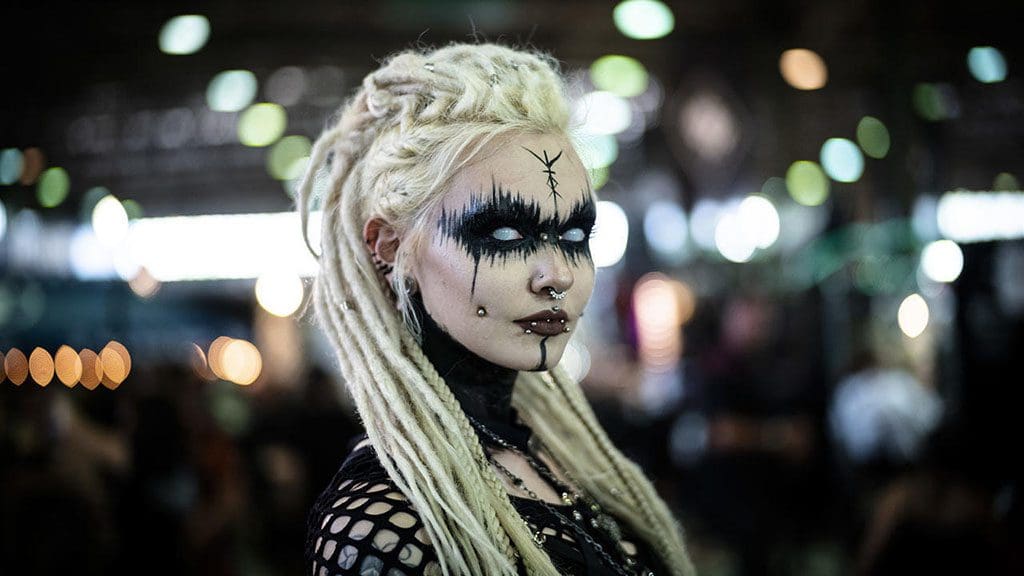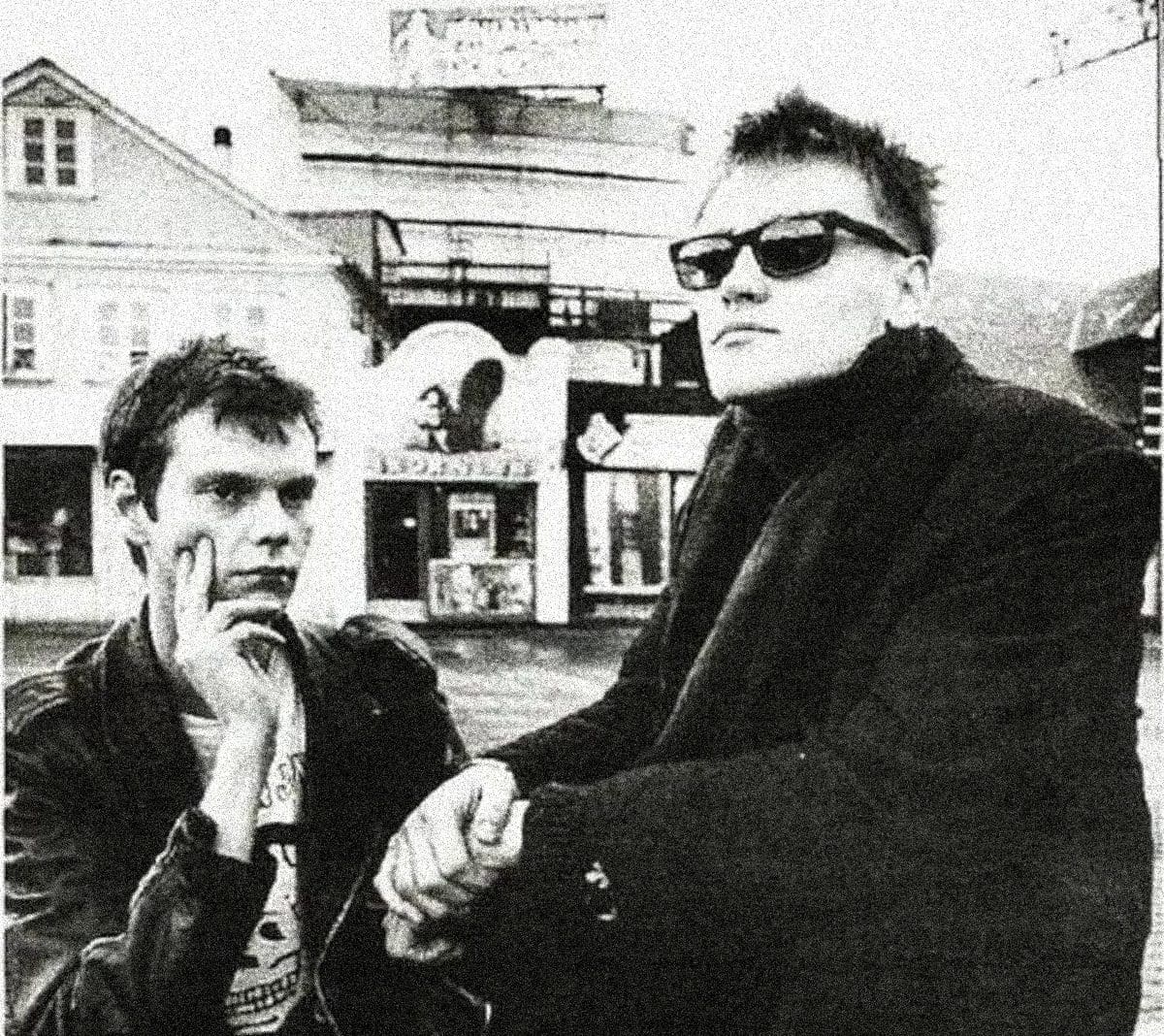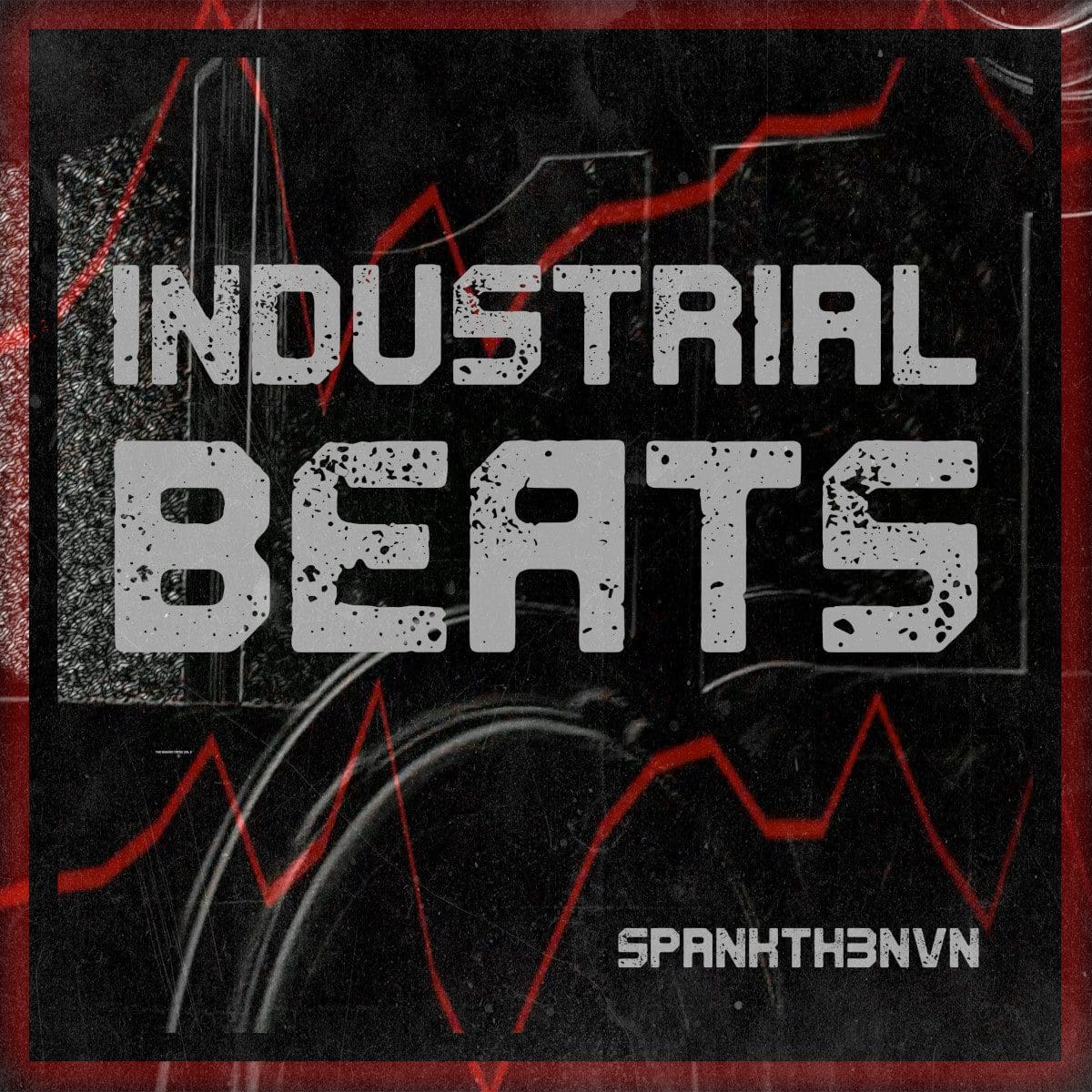‘Click Interview’ with Blank: ‘Live-Streaming Will Probably Become A Regular Thing’
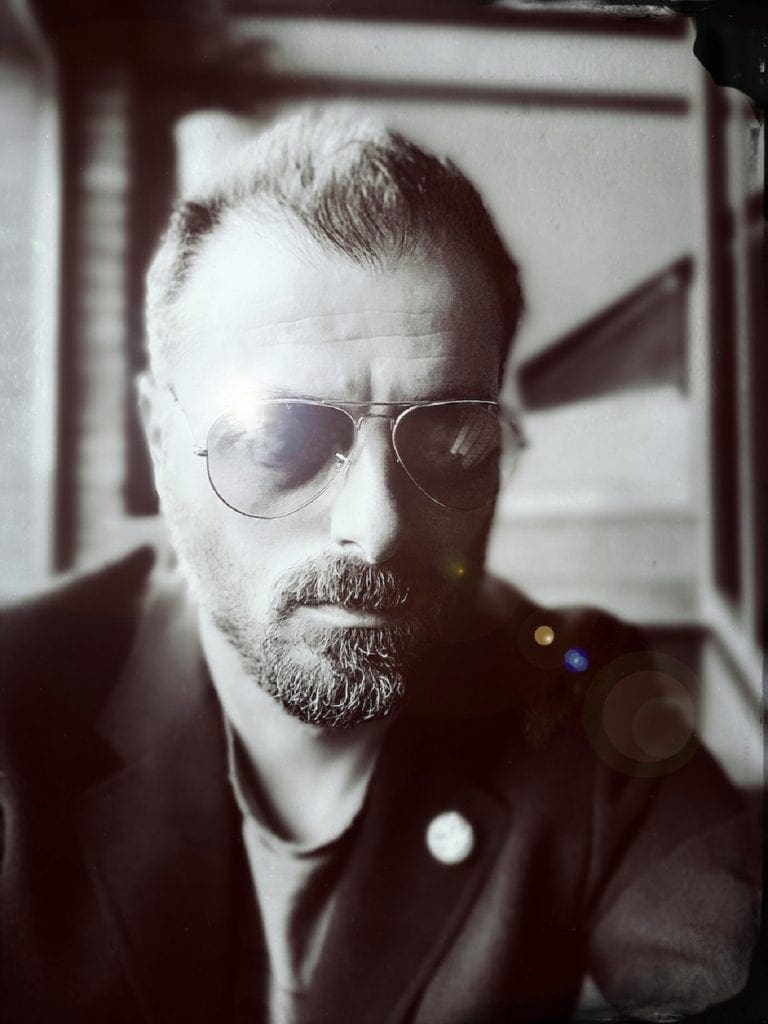

Italian duo BLANK saw the daylight in 2000. Driven by Davide Massa and Riccardo Mattioli they got rapidly signed to the Canadian label Artoffact Records. The albums “Artificial Breathing” (2004), “Impact Zone” (2008) and “Dark Retreat” revealed a modern and accomplished EBM sound. The songs feature multiple influences, which are also easy noticeable in the new- and self-released album “Drifting Slowly”. Davide Massa is not just composing EBM; it’s a sonic fusion between different-, but related genres. The mix between EBM, Techno, IDM, Industrial and Pop resulting in brilliant songs. “Drifting Slowly” also marks the return of BLANK after a hiatus of seven years! Enough reasons to ask Davide Massa for more details.
(Courtesy by Inferno Sound Diaries)
Q: It’s already twenty years ago now you released your first demo as BLANK. How do you look back at the BLANK’s history and discography so far. What have been the best and worst facts and memories?
Dave: It’s been an interesting journey although we haven’t been very prolific during the years. With a little more consistency maybe we could have played more gigs and reached more people, that’s something I’d definitely try to do better if I could go back. Other than that, I feel we’ve created the music we wanted to create, with no other boundaries than our own creativity and technical ability, and I love all of our releases, and how our music has evolved and improved in time. Also, we witnessed enormous changes in the music business and technology. Some good, some bad, but overall it’s been exciting.
Best memories? Every time we wrapped up an album I felt such an enormous pride, and I will never forget those feelings! But also the amazing response to our first demo… that brought us to being signed, or that time we’ve had Black-Metal bands attending our gig because they had come to the wrong venue… ? That was really fun. Worst facts? I tend to focus on the positive so I cann’t really list bad experiences, but I guess the networking/marketing part has always been stressful for me and the less enjoyable aspect of what we do… I am very shy and don’t play well in that field.
Q: You this year strike back with a new album, which is the first one since “Dark Retreat” (2013). Why did it take you that long to strike back and is the new album also a new beginning?
Dave: Well, I moved to a new house and rebuilt my studio changing my setup completely, and had to dedicate some time learning new instruments and do other non-music related things; then I wrote music for a theatre play I was involved with and that kept me busy for the good part of a year, and then I got a call from Kirlian Camera to join their line-up so I had (and still have) to work with them when preparing gigs and/or collaborations and remixes. These are just a few of the things that prevented me to focus on a proper release for a while… They’re valid enough reasons, but I know they cannot really explain a seven years wait -so let’s add that I didn’t feel like I had the right material yet, and the more I waited, the more I expected from myself. It took me some time to get where I wanted to be and now that I have found an efficient setup, I hope it really is a new beginning, with good music coming out more frequently!
Q: Tell us a bit more about “Drifting Slowly”? What have been the main ideas –sound- and lyrical wise, to compose this new work and is there a kind of established procedure and/or structure you follow when composing an album?
Dave: I don’t have a standard procedure -when I write a song it usually happens in one of two ways: I look for a certain atmosphere and I pursue it, until I reach a point where the song flows naturally and tells me where to go; or, I play around with synthesizers and when I find a sound or a sequence that intrigues me, I build from there. Once I had a few demos that were convincing enough, I started thinking about lyrics and themes.
Since my lyrics have always been quite introspective, I wanted this album to be a little more attentive to the external world -and I didn’t like what I saw, so the main theme ended up being, well, watching our world rapidly becoming an ugly mess. For people who enjoy digging deeper, trying to connect a song title with its lyrics might reveal hidden meanings and references you might not had thought about.
Musically, I wanted “Drifting Slowly” to be a great listening experience, mixing all kind of influences that I love, many different sounds and alternating between aggression and sweetness… of course while having fun with synths and samples. I also wanted to do everything by myself, as a personal challenge… and it turned out pretty good, I think.
Q: The album reveals an interesting duality between more danceable cuts at one side and dreamy songs at the other side. Tell us a bit more about both sides and the choice of the song “Thanatosis” as EP title-track plus the song composed together with Elena Alice Fossi?
Dave: I suppose it’s a bit the way I am. I enjoy hard-hitting EBM as well as Shoegazing or Trip-Hop, I like good pop melodies but also noises and stuff made in unconventional ways. So to find a nice balance of different paces and styles was my intention from the very beginning. As I enjoy diversity and get easily bored by sameness, it’s the kind of album that I’d personally buy.
“Thanatosis” was one of the first songs I completed, it sits right in the middle between the danceable tracks and the atmospheric ones, and it’s a song that doesn’t exactly belong to a specific genre, so I decided to use it as the first single. It’s been appreciated by many who are not into electronic music, so it’s been an interesting experiment to me.
Regarding “Apophenia”, as a long-time friend of Kirlian Camera, I asked Elena Alice if she was interested in singing one song, as she already did in my previous album. I had this kind of Trip-Hop song that I already wrote with a female voice in mind, and I decided to ‘mangle’ it a little, adding a distorted bass and an unusual, odd ⅞ time signature, a trick that gives it a weird ‘slowed-down industrial’ vibe. I sent it to Elena and she got back to me very quickly with vocal parts and harmonies that left me speechless: I think she got the song perfectly and we make a hell of a team! It’s art, it’s unusual, it sounds great… it made me happy and that’s exactly what I enjoy creating.
Q: Previous albums were released on Artoffact Records while you now self-released the new work. How did this evolution happened and what does it mean to have this self-control?
Dave: When we got signed, in 2003, the whole music business was completely different, digital had just appeared, streaming did not exist, CDs still sold well. We’ll be forever grateful to Artoffact for taking a chance with us and releasing three albums that didn’t follow any trend and ended up being well received even though not too commercially successful. Now it makes sense that they focus on different (and newer!) projects, while we can self-release using these amazing resources that didn’t exist in the past, like Bandcamp and other digital distributors. Being 100% independent is great, although it’s a lot of work since you cannot delegate anything anymore. Also it’s harder getting noticed if you’re not that good at social networking and self-promoting! But it sure feels more rewarding.
Q: Italy has been badly touched by the Covid-19 pandemic, which also had an impact on all artistic life and activities. What does it evoke to you and how do you as artists try to fight back?
Dave: It’s been a weird, surreal and frightening time. Late and at times unclear responses from the government have caused lots of deaths and called for extreme measures. We’ve lived almost three months of lockdown, every activity stopped, and now we’re struggling to get back to normal -if it’s even possible. The art/music category has been terribly affected and still is, lots of music tech have lost jobs, tours and concerts have been canceled, clubs have closed, artists have had no source of income for a long time.
My hope is that the current situation will somehow awaken the will to fight back and collaborate more, leading to more solid and concrete opportunities for everyone. But in a country where culture is not considered a priority, I believe it will take a lot of work to get there. At the moment, as we can attend events only with social distancing, we will have to re-think performances, possibly focusing more onto visual/mind experiences rather than physical ones. And yeah, live-streaming will probably become a regular thing, and we’ll have to find other new ways to engage fans… It’s going to be tough, but creative people like challenges, so I look forward to future exciting times.
Since you’re here …
… we have a small favour to ask. More people are reading Side-Line Magazine than ever but advertising revenues across the media are falling fast. Unlike many news organisations, we haven’t put up a paywall – we want to keep our journalism as open as we can - and we refuse to add annoying advertising. So you can see why we need to ask for your help.
Side-Line’s independent journalism takes a lot of time, money and hard work to produce. But we do it because we want to push the artists we like and who are equally fighting to survive.
If everyone who reads our reporting, who likes it, helps fund it, our future would be much more secure. For as little as 5 US$, you can support Side-Line Magazine – and it only takes a minute. Thank you.
The donations are safely powered by Paypal.

